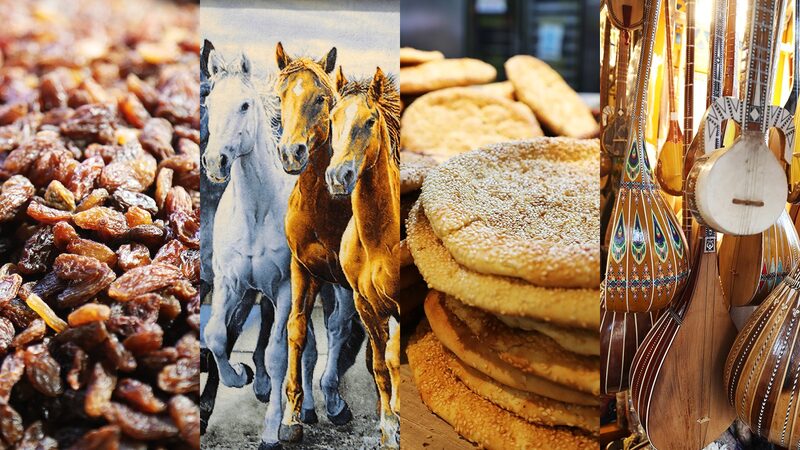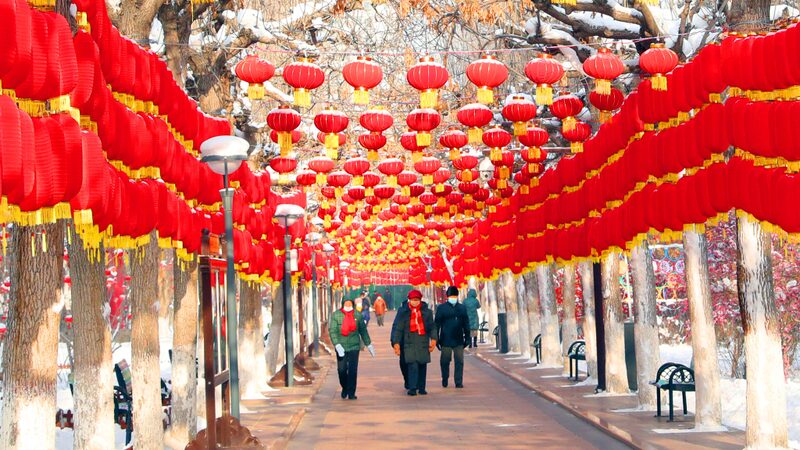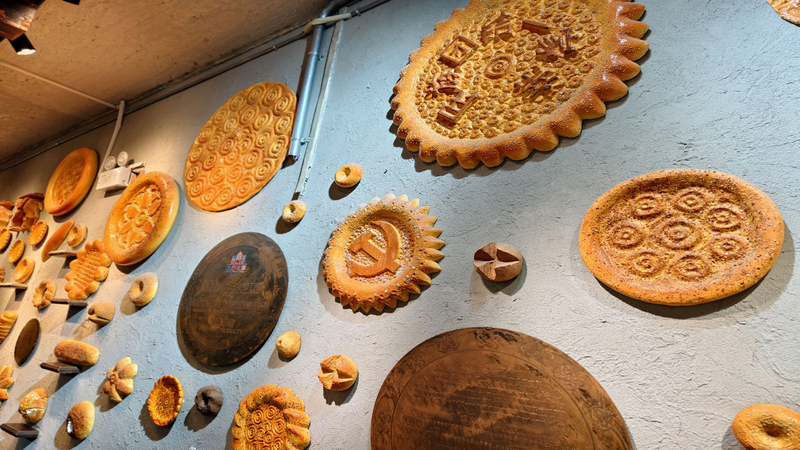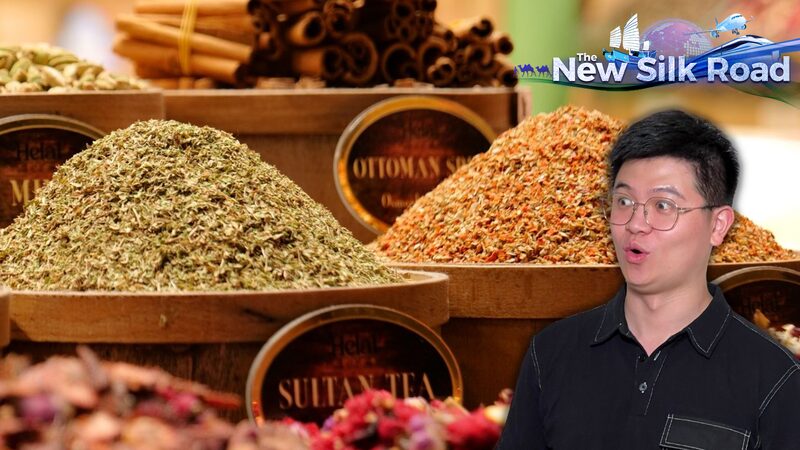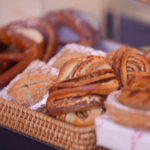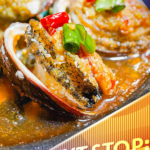In the bustling streets near the Xinjiang International Grand Bazaar in Urumqi, the aroma of freshly baked naan fills the air. Tourists from across China, especially those from eastern regions, find themselves drawn to the numerous stalls showcasing this traditional Uygur flatbread.
Naan, a daily staple for many ethnic groups in northwest China’s Xinjiang Uygur Autonomous Region, is more than just bread—it’s a symbol of the region’s rich cultural heritage. While locals have long cherished naan as a household necessity, visitors are now discovering its unique flavors and textures, adding a flavorful highlight to their travels.
As China’s National Day holiday approaches, the streets of Urumqi become even more lively. Tourists eagerly line up to taste naan, experiencing firsthand the traditions that have been passed down through generations. Many are surprised to learn that just over a decade ago, nearly every family in the region had its own naan stove, emphasizing the bread’s importance in daily life.
The popularity of naan has transcended local boundaries, evolving into a significant industry within Xinjiang. The bread has not only boosted local economies but also started to appear in markets far beyond the region. This growth has provided increased income for residents and has allowed them to share a piece of their culture with the world.
For travelers and food enthusiasts, savoring Uygur naan in its place of origin offers an authentic taste of Xinjiang’s culinary traditions. As more people explore the vibrant streets of Urumqi, naan continues to serve as a delicious ambassador for the region’s rich history and cultural diversity.
Reference(s):
cgtn.com


